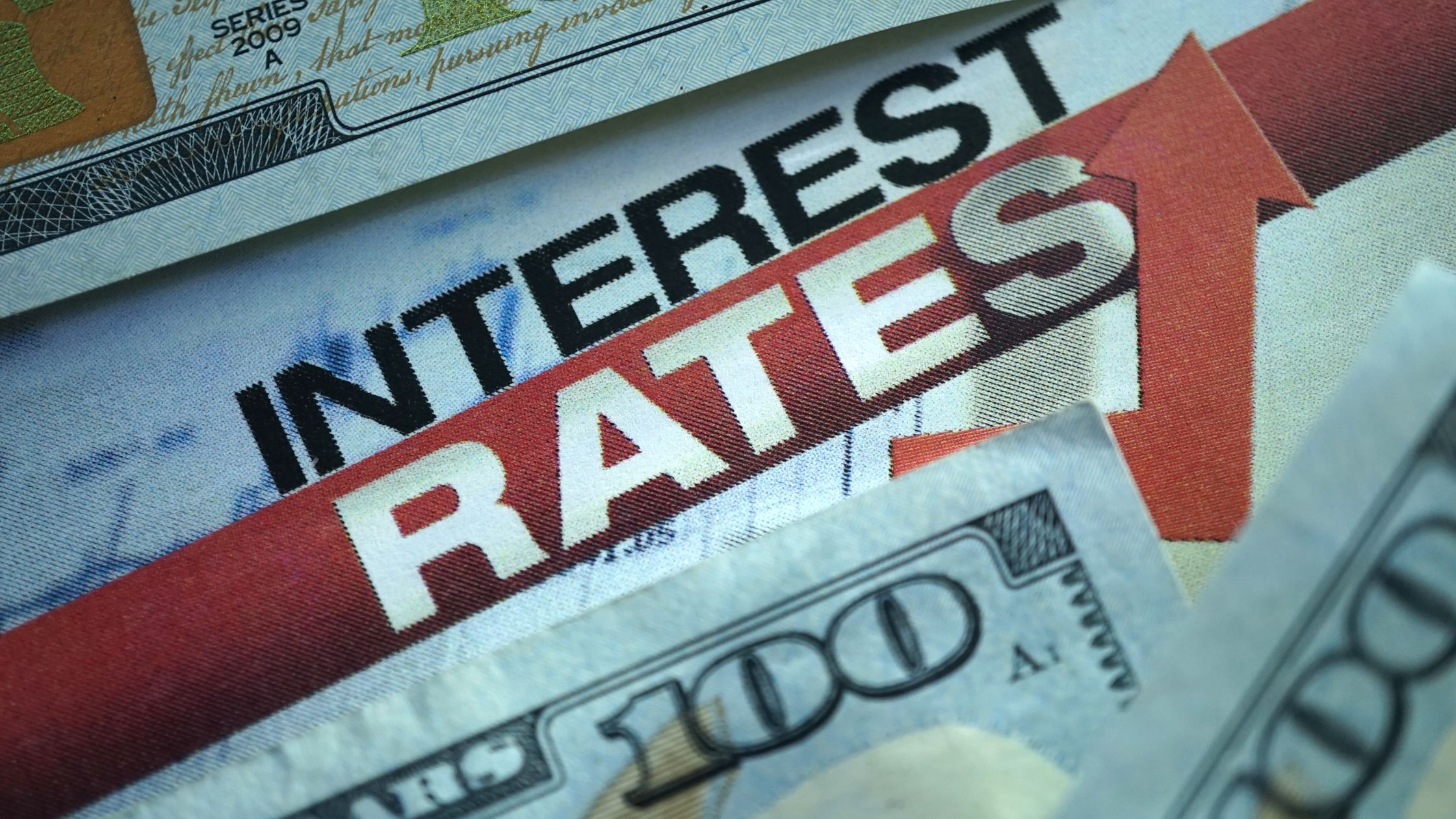Securing a mortgage is one of the most significant financial decisions you will make in your life. Whether you’re a first-time homebuyer or looking to refinance, getting the best mortgage interest rates can save you thousands of dollars over the life of your loan. In this article, we’ll explore essential strategies, tips, and factors that influence mortgage interest rates, equipping you with the knowledge you need to make informed decisions.
Understanding Mortgage Interest Rates
What Are Mortgage Interest Rates?
Mortgage interest rates refer to the cost of borrowing money from a lender to purchase a home. These rates can vary significantly depending on several factors, including the economy, the Federal Reserve’s policies, and your personal financial situation.
Fixed vs. Adjustable Rates
There are two main types of mortgage interest rates:
- Fixed-Rate Mortgages: The interest rate remains constant throughout the life of the loan, providing predictability in your monthly payments.
- Adjustable-Rate Mortgages (ARMs): The interest rate fluctuates based on market conditions after an initial fixed period. This can lead to lower initial payments but carries the risk of increasing payments in the future.
Why Interest Rates Matter
Even a slight difference in interest rates can significantly impact your monthly payment and the overall cost of your mortgage. For example, a 1% difference in the interest rate on a $300,000 mortgage can lead to over $50,000 in additional payments over 30 years.
Factors Influencing Mortgage Interest Rates
Understanding what influences mortgage rates can help you secure a better deal:
1. Economic Conditions
Mortgage rates are influenced by the broader economy. When the economy is strong, demand for housing increases, pushing rates up. Conversely, during economic downturns, rates tend to decrease as demand falls.
2. The Federal Reserve
The Federal Reserve (the Fed) sets benchmark interest rates that influence the lending market. When the Fed raises rates, borrowing costs increase, leading to higher mortgage rates. Conversely, lower rates can lead to decreased mortgage rates.
3. Credit Score
Your credit score is one of the most crucial factors lenders consider when determining your mortgage rate. A higher credit score typically qualifies you for lower rates. Lenders view individuals with higher scores as less risky borrowers.
4. Loan Amount and Type
The amount you wish to borrow and the type of loan you choose (conventional, FHA, VA, etc.) can also impact your interest rate. Larger loans or less conventional loans may come with higher rates.
5. Down Payment Size
A larger down payment can reduce your mortgage rate because it lowers the lender’s risk. Typically, a down payment of at least 20% can help you avoid Private Mortgage Insurance (PMI) and secure better interest rates.
6. Loan Term
The term of your loan also affects the interest rate. Shorter-term loans (like 15 years) generally have lower rates than longer terms (like 30 years) because lenders have less risk over a shorter period.
Steps to Get the Best Mortgage Interest Rates
1. Improve Your Credit Score
Your credit score is a key determinant of the interest rates you will be offered. Here are some tips to improve your credit score:
- Pay Your Bills on Time: Late payments can negatively impact your score.
- Reduce Credit Card Balances: Aim to keep your credit utilization below 30%.
- Avoid Opening New Credit Accounts: Too many inquiries can lower your score.
- Check Your Credit Report for Errors: Dispute any inaccuracies you find.
2. Shop Around for Lenders
Not all lenders offer the same mortgage rates. Shopping around can help you find the best deal:
- Get Quotes from Multiple Lenders: Request quotes from at least three different lenders to compare rates and terms.
- Consider Credit Unions and Online Lenders: These may offer competitive rates compared to traditional banks.
- Look for Special Programs: Some lenders have programs that cater to first-time homebuyers or low-income individuals.
3. Consider Timing
Timing can play a significant role in securing a low interest rate. Here are some tips on timing your mortgage application:
- Monitor Economic Indicators: Keep an eye on inflation, employment rates, and Fed meetings, as these can influence mortgage rates.
- Lock in Your Rate: Once you find a favorable rate, ask your lender about locking it in to protect against potential increases.
4. Increase Your Down Payment
Putting down a larger down payment can lower your interest rate. If possible, aim for at least 20%:
- Budget for a Higher Down Payment: This may require saving longer, but the long-term savings can be substantial.
- Explore Down Payment Assistance Programs: If you struggle to save, look for local programs that can assist you.
5. Choose the Right Loan Type
Selecting the right mortgage type can affect your interest rate:
- Consider a Fixed-Rate Loan: If you plan to stay in your home long-term, a fixed-rate mortgage can provide stability.
- Evaluate ARMs Carefully: If you anticipate moving within a few years, an ARM may offer lower initial rates.
6. Reduce Your Debt-to-Income Ratio
Lenders assess your debt-to-income (DTI) ratio when determining your eligibility and rates:
- Aim for a DTI Ratio Below 43%: Lowering your debts can improve your DTI and your chances of securing a better rate.
- Consider Paying Off Debts: Focus on paying down high-interest debts to improve your DTI.
7. Use a Mortgage Broker
A mortgage broker can help you find competitive rates and guide you through the process. Here’s why you might consider one:
- Access to Multiple Lenders: Brokers can provide access to a broader range of lenders.
- Expertise: They understand the market and can help you navigate complex terms.
Also Read: How to Get the Best Long-Term Personal Loan Fast
Additional Tips for Securing Low Mortgage Rates
1. Get Pre-Approved
A mortgage pre-approval can give you an edge in securing a lower rate. It demonstrates to lenders that you are a serious buyer:
- Show You’re Financially Prepared: A pre-approval shows that you have your finances in order.
- Strengthen Your Position in Negotiations: Sellers may be more willing to negotiate with pre-approved buyers.
2. Be Wary of Discount Points
Discount points are fees paid to lower your interest rate. While they can be beneficial, they require careful consideration:
- Calculate Break-Even Point: Determine how long it will take to recoup the cost of the points through lower monthly payments.
- Consider Your Long-Term Plans: If you plan to stay in your home long-term, points may be worthwhile.
3. Stay Informed About Market Trends
Keeping abreast of market trends can help you anticipate rate changes:
- Follow Financial News: Subscribe to financial news sources to stay updated on interest rates and economic indicators.
- Attend Homebuyer Workshops: These can provide valuable insights and tips for navigating the mortgage process.
4. Consider Alternative Financing Options
In some cases, traditional mortgages may not be the best fit. Explore alternative financing options:
- FHA Loans: These are ideal for low-to-moderate-income buyers or those with lower credit scores.
- VA Loans: Available for veterans, these loans often have favorable terms and no down payment.
- USDA Loans: These are designed for rural homebuyers and may offer low or no down payment options.
The Bottom Line
Securing the best mortgage interest rates today requires diligence, research, and an understanding of the factors that influence rates. By improving your credit score, shopping around, increasing your down payment, and staying informed, you can position yourself to obtain favorable rates that will save you money in the long run.
Remember, the mortgage process can be complex, but with the right information and strategies, you can navigate it successfully. Whether you’re a first-time homebuyer or looking to refinance, taking the time to understand your options will ultimately pay off.
Additional Resources
- Credit Report Services: Websites that offer free credit report checks.
- Local Housing Authorities: Information on down payment assistance programs in your area.
- Financial Literacy Workshops: Community resources that offer homebuyer education.
By following these guidelines, you can confidently approach your mortgage application, ensuring you secure the best possible interest rate.




